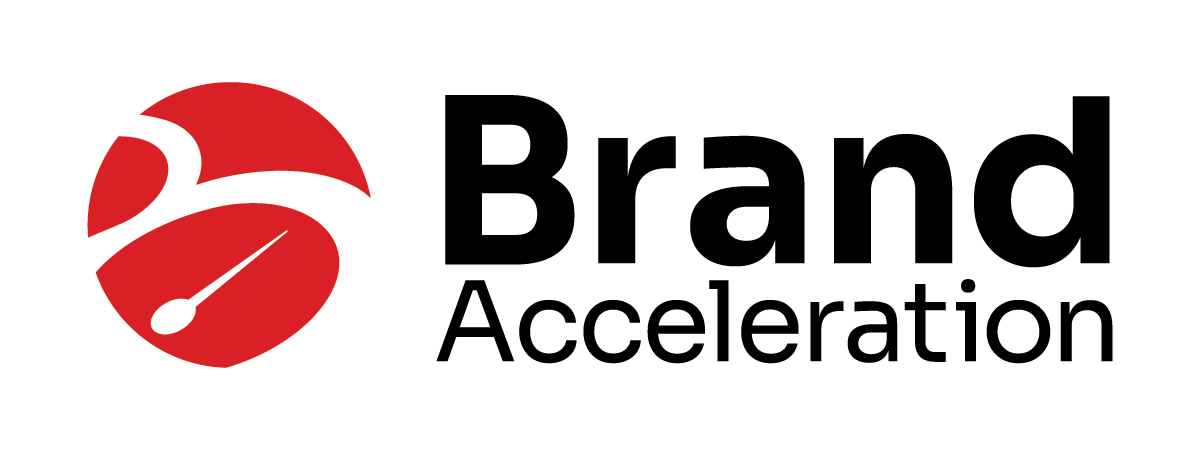By Jim Walton, CEO, Brand Acceleration, Inc.
As a child, I remember television programs featuring daredevil performers like The Flying Wallendas, who would balance on a wire suspended between tall buildings or over a huge gorge. Sometimes there would be as many as seven people on the wire, all balanced on chairs, bicycles, or hanging by their teeth. As a viewer, I remember holding my breath, just hoping they would not fall. Economic development professionals similarly balance countless tasks, hoping not to fall. The real experts are those who masterfully determine just which tasks need to be on the wire and which are not priorities.
One of the biggest challenges they face comes from investors, board members, and elected officials who have unrealistic expectations. Economic developers often attend numerous meetings each day. From city and county council meetings, to those of service organizations like Rotary, Jaycees, Lions, and others, much time is consumed by “being seen in all the right places”. There may be some BRE benefit to these, but they can be very time consuming.
Another challenge they often face is working as a fund raiser. With significant budget requirements, he or she sometimes must raise funds to pay the bills, including his or her own salary, and other administrative expenses. Personally, and this is just my opinion, I believe that fundraising is better addressed by board members or by a board committee made up of dedicated community servants.
Investors sometimes have unrealistic expectations of what the money is for. Some expect to generate leads that create a financial return for them. Often, websites feature linked investor logos that can be tracked and audited to determine the return on investment. If the investor/board member is not satisfied with the latest click count, the money might go away. Our advice, for what it’s worth, is to counsel investors that their investment is for the good of the community, not to be confused with a promotional sponsorship. When the community wins, everyone wins.
Most professional economic developers attend conferences where they receive ongoing education and networking opportunities that help them be better at their chosen profession. Additionally, they might serve on the boards of these and other organizations, giving of their valuable time.
If all of this isn’t enough, they are expected to be successful at their primary job; helping existing businesses grow and attracting new jobs and investment to the area. One economic developer told us that he spends less than fifteen percent of his time doing this work. The many other demands consume upward of eighty-five percent of his time.
Unfortunately, and maybe unfairly, when contract renewal time comes around, he or she will be judged almost entirely on what is accomplished in that fifteen percent of time. Boards and residents want to see jobs and investment. Elected officials want to be connected to positive media stories that paint them as job winners.
The most successful economic developers I know have mastered the art of realistic expectations. They are expert marketers and project managers. They promote, seek, hunt, and close jobs deals. My humble request to board members and investors is that you work as a team to reduce or remove the burden of time-wasting tasks that make it difficult for your economic developers to accomplish their primary mission. By doing so, your community, and you, are much more likely to enjoy the success you crave.
